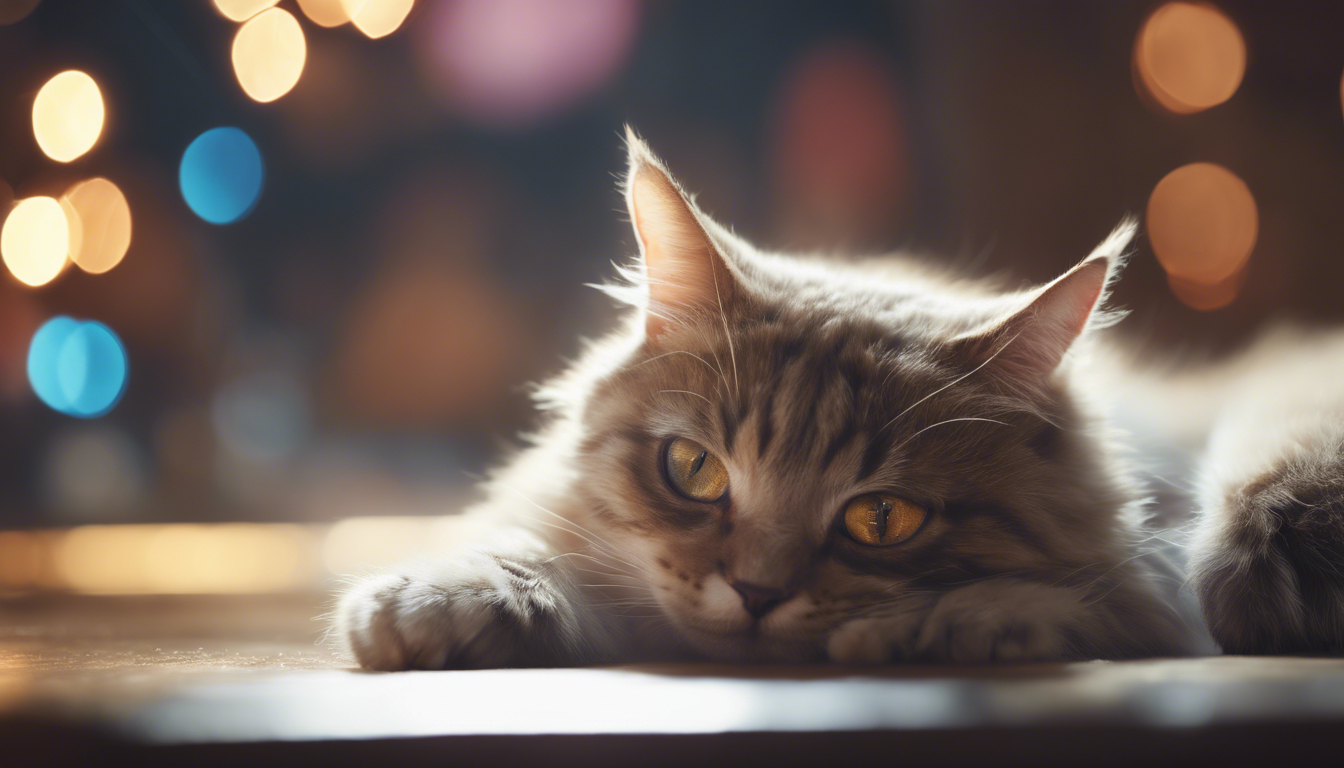Contents
Understanding Cat Play: Not All Games are Equal
Playing is an essential part of a cat’s life. It helps to develop essential skills, ensures regular exercise, and promotes bonding with family members. But there might be moments when conventional games don’t appeal to your feline friend. Before pointing fingers at a lazy cat or a boring game, it’s essential first to understand what makes a cat game appealing.
The Predatory Nature of Cats
Cats are predators. While domesticated, they still bear the primal instinct of chasing, pouncing, and ‘killing.’ For many cats, a game sparks interest if it represents ‘prey’ – typically toys that move unpredictably or have a feathery allure.
Reasons Why Your Cat May Not Enjoy Games
Understanding your cat’s usual behaviour can help in determining why certain games may not be enjoyable for them. Consider the following points:
- Age: Just like humans, cats change as they age. A kitten might be more energetic while an older cat prefers a more relaxed environment.
- Health issues: Physical ailments could be the reason. Arthritis, dental pain, or any chronic illness can alter your pet’s normal playful behaviour. Always consult your vet for expert advice.
- Environment: Cats are sensitive creatures. A sudden change in their surroundings like a new pet or a relocation can affect their mood and interest in games.
How to Encourage Playfulness in Cats
Even if your cat initially shows disinterest, there can be ways to trigger their interest. Here are some practical ways to do so:
- Vary the Games: Introduce a variety of games and toys that simulate different types of ‘prey’. Ball games, chasing toys, feather wands, or a laser pointer cater to a broad range of your cat’s hunting instincts.
- Use Treats: Rewards work incredibly well. Combine games with treats that they get when they ‘catch the prey’.
- Create an Enriched Environment: Make your home more interactive with cat trees, scratching posts and hiding spots to encourage their curiosity and playfulness.
Necessary Trivia: When Should You Be Concerned?
While it’s normal for your cat’s interest in games to ebb and flow, persistently avoiding play could indicate an underlying health issue. It’s crucial to observe your cat and reach out to a vet if you notice any significant behavioural changes.
FAQs
- 1. Why isn’t my cat interested in playing anymore?
- Many factors could contribute, like ageing, health problems, or changes in the environment. If the change is drastic, consult with a professional.
- 2. How can I encourage my cat to play more?
- Reintroduce play by stimulating their hunting instincts with different kinds of interactive toys or games. Additionally, positive reinforcement like treats can help encourage play.
Remember, like human beings, each cat is unique. It’s crucial to understand your cat’s preferences and respect their boundaries while interacting. It may take time, but patience and understanding are all you need to nurture your pet’s playful spirit.





